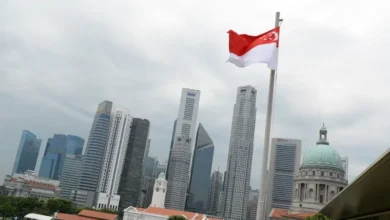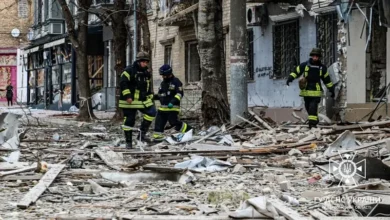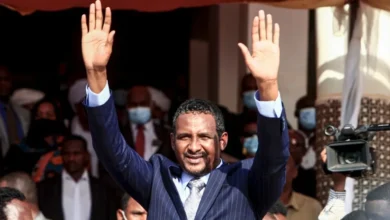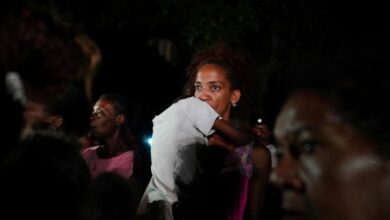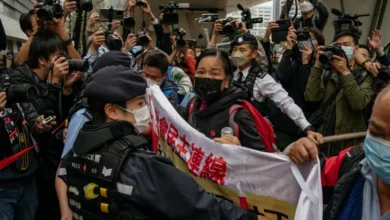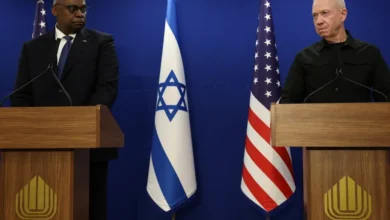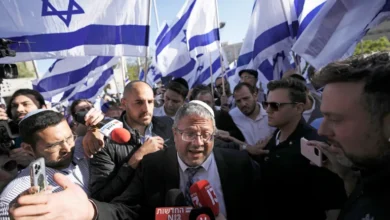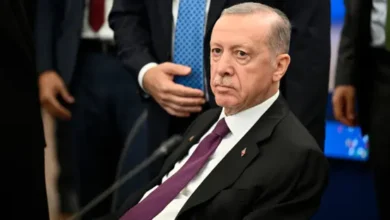What we know about UN draft resolutions on the Israel-Hamas war so far
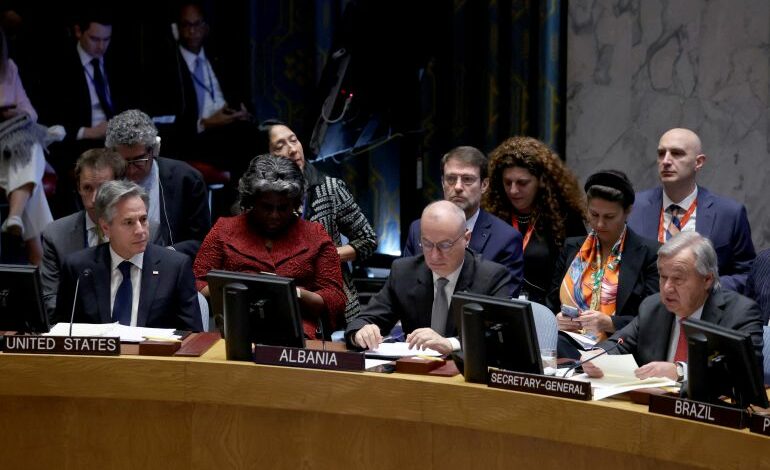
After two failed attempts to pass controversial resolutions on the Israel-Hamas war at the United Nations Security Council (UNSC), the council held its first open debate on the conflict last night with 90 member states on the speaker list.
Amidst urgent calls for a ceasefire in Gaza, and tense support by some countries for Israel’s right of self-defence, the UNSC is likely to vote on new resolutions this week, primarily a draft being proposed by the United States.
The council can only adopt a resolution if at least nine of its 15 members vote in favour of it and no veto is used by one of the five permanent members. A shortage of favourable votes and a veto from the US has kept resolutions from manifesting so far.
Here’s what to know about the two resolutions that failed to pass, and two others to watch in the coming days:
Russian-led draft resolution on October 16
- Main points: Humanitarian ceasefire in Gaza, release of all people taken into captivity since October 7, access to aid, and safe evacuation of civilians.
- Voting: Five voted in favour (including China, Russia, and the United Arab Emirates), four voted against (France, Japan, the United Kingdom, and the United States), and six abstained (including Brazil, Ecuador, and Switzerland).
- Main criticism by those opposed: The resolution did not name or condemn Hamas.
- Russia’s permanent representative to the UN, Vassily Nebenzia, said the West’s opposition crushed “global hopes” for the council to end violence and stemmed from “selfish and political” interests.
- US Ambassador Linda Thomas-Greenfield said the resolution was “dishonouring” victims and unfairly shifting blame for the conflict from Hamas to Israel.
- Riyad Mansour, permanent observer of the Observer State of Palestine to the UN, urged the council not to suggest “that Palestinian lives do not matter” and said that Israel’s actions in Gaza are a “massacre,” not a military operation.
- Gilad Erdan, permanent representative of Israel, said the council stood at a “pivotal moment” in history, that Israel had the right to defend itself, and that all captives with Hamas should be released unconditionally.
Brazil-led draft resolution on October 18
- Main point: “Humanitarian pauses” for full and unhindered aid into Gaza, condemnation of violence against all civilians, rescission of Israel’s evacuation order.
- Voting: Twelve countries voted in favour, two (Russia, and the United Kingdom) abstained, while the US submitted the only opposing vote.
- Vetoing on behalf of the US, Thomas-Greenfield said the resolution did not mention Israel’s right of self-defence. In light of President Joe Biden’s visit to Israel at the time, she added that diplomacy on the ground needed to “play out”.
- Brazilian ambassador, Sérgio França Danese, said urgent measures were necessary, and regretted the council’s inaction.
- Abstaining member UK also said the text needed to clearly mention Israel’s right of self-defence, and that they would continue to work on alleviating the humanitarian crisis.
The upcoming US draft resolution
- The US is drafting a resolution of its own to present to the Security Council that will likely be presented this week.
- Main points: It does not call for a full ceasefire but a “humanitarian pause” allowing aid in Gaza.” The text will include a defence for the “inherent right of all states” to self-defence, calls for compliance with international law, and a call for Hamas to release all its captives.
- US Secretary of State Antony Blinken said the draft “incorporates substantive feedback”.
- Russia has also put forward a counter-resolution to vote on this week.
Jordan’s draft resolution for the UN General Assembly
- Jordan will be presenting a draft resolution to the UNGA’s emergency meeting on Israel-Gaza this Thursday.
- Main points: Immediate ceasefire in Gaza, Israel to revoke its call for northern Gaza’s evacuation, full and unhindered access to humanitarian aid in the Gaza Strip.
- It also calls on parties to abide by international law and “the immediate release of all civilians.” The text refers to Israel as an “occupying power,” according to a version of the draft posted to X, formerly Twitter.
- Although the resolution would not be binding like the Security Council’s, it will still be symbolic if passed.
